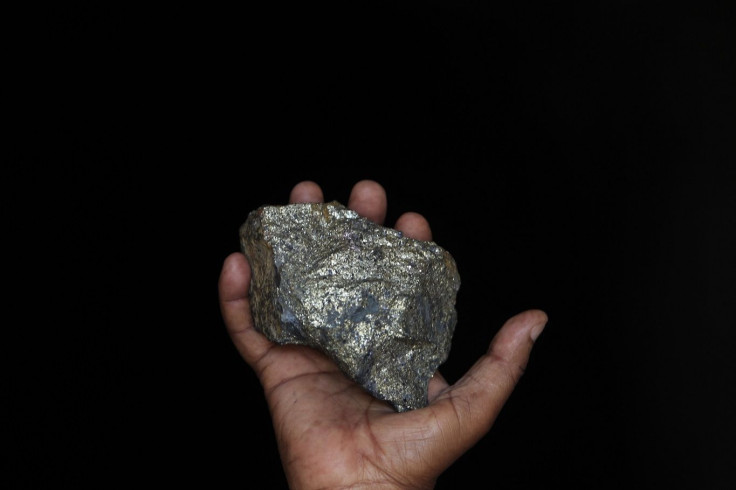Tesla to Boost Global Cobalt Mining Industry

The global cobalt industry may receive a shot in the arm as the world's largest electric car manufacturer Tesla Motors requires an estimated 10,000 tonnes of the mineral annually.
In a report published by The Telegraph, Australian stockbroker Macquarie Group noted that Tesla may need up to 10,000 tonnes of cobalt each year that is equivalent to 10 percent of the global market. "Many peer commodities would be more than happy with that relative growth coming from all consumer sectors combined, never mind just one alone," the company wrote in a recent report for investors. "With a steadily improving demand profile, we do expect it to receive increased attention over the coming two years."
According to Macquarie, a rise in demand is about to take place especially when a decision is reached in Paris this year during the U.N. climate talks. It noted that while electric car sales were in a slump due to dismal oil prices, a climate change deal could turn things around, leading to an increase in demand for lithium-ion batteries.
The report also revealed that Freeport-McMoRan, Lundin Mining and Fortune Minerals are the world's leading producers of cobalt. London-based Amur Minerals Corporation (London AIM:AMC) is also one company that owns a project in the Russian Far East that could become a key player in the cobalt market.
According to the company's website, its Kun-Manie project sits on top of the Kun-Manie Massif, a geologic structure found to possess economic amounts of sulphide nickel, copper, cobalt, platinum and palladium. The company got its mining license for the site approved by Russian authorities last Friday.
The Democratic Republic of Congo accounted for half of the global production for cobalt in 2014, according to the U.S. Geological Survey. During the first quarter, the country was able to produce 16,293 tonnes of the mineral, based on data from the Chamber of Mines at the Federation des Entreprises du Congo, or FEC.
Congo was also Africa's top producer of copper, with companies such as Glencore Plc and Freeport McMoran shipping a combined total of 1.03 million tonnes in 2014, the FEC said. Despite an increase in copper, gold and cobalt volume, Congo's mining industry could suffer from a decline in metal prices, additional levies, and power shortages, Bloomberg reports.
Yet a report by Minesite.com in January revealed that the cobalt industry in general is optimistic because of the rising demand in green battery technologies, with Fortune Minerals’ Troy Nazarewicz among those who are looking forward to more gains this year. "The facility that Tesla’s building alone is expected to double the world’s production of lithium-ion batteries," Troy said.
Aside from Tesla, technology companies such as LG Chem and Foxconn are set to put up major battery plants "targeting vehicle electrification," Minesite.com reports.
Contact the writer: a.lu@ibtimes.com.au





















